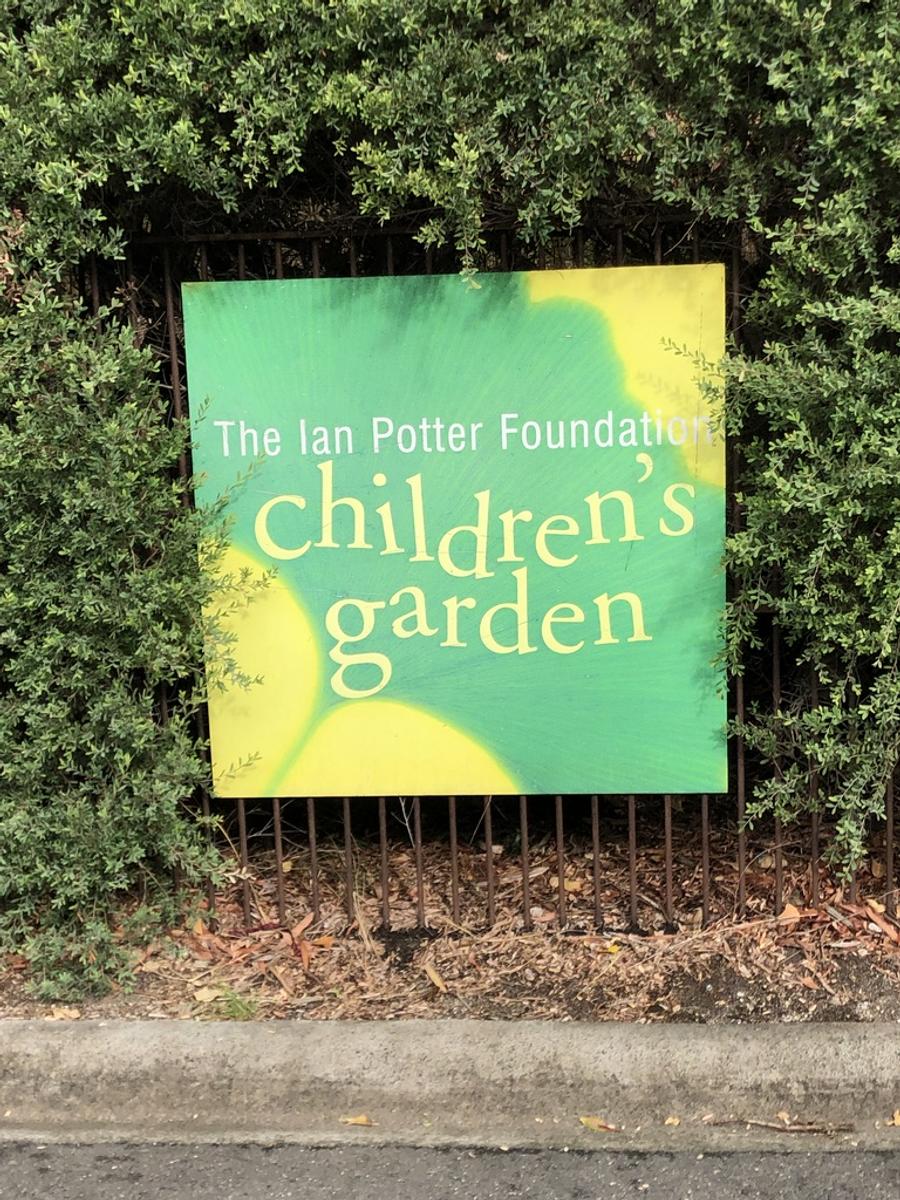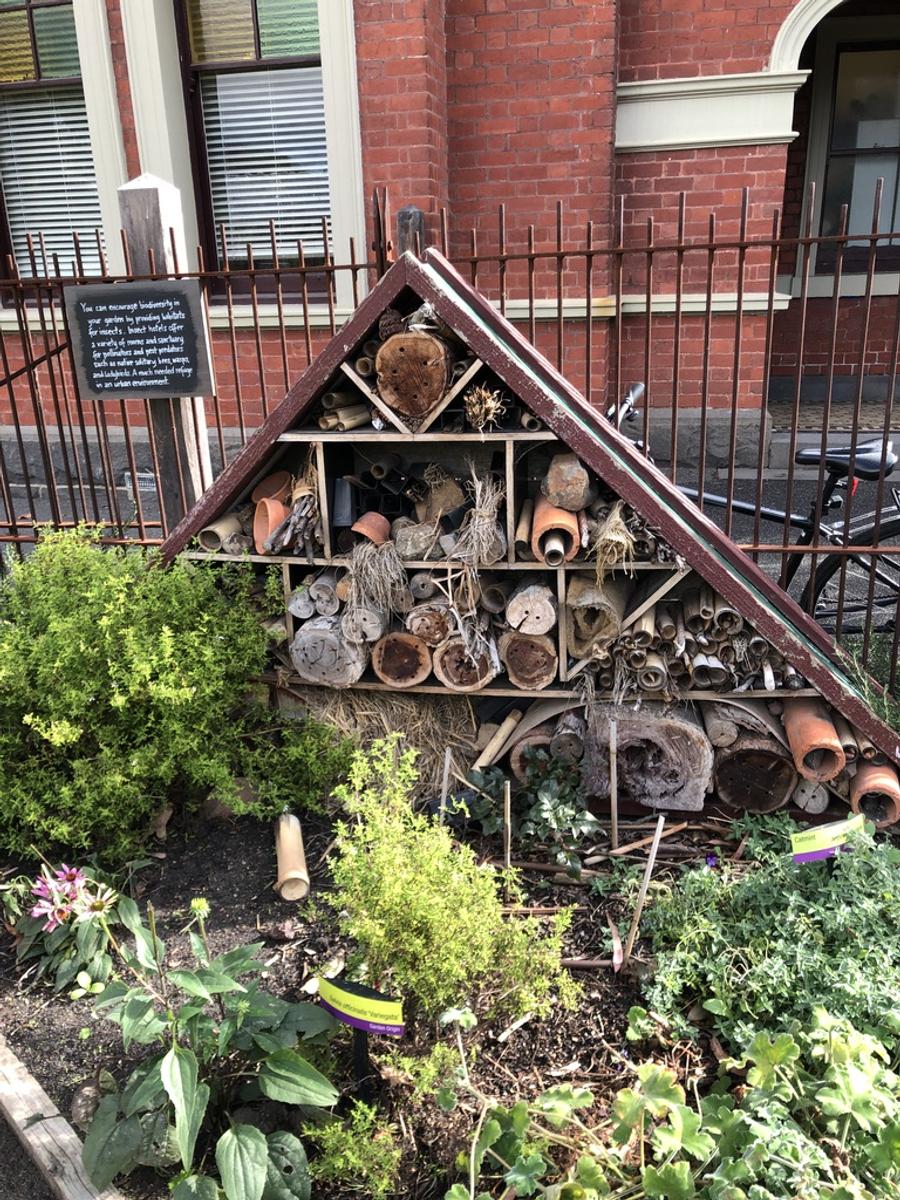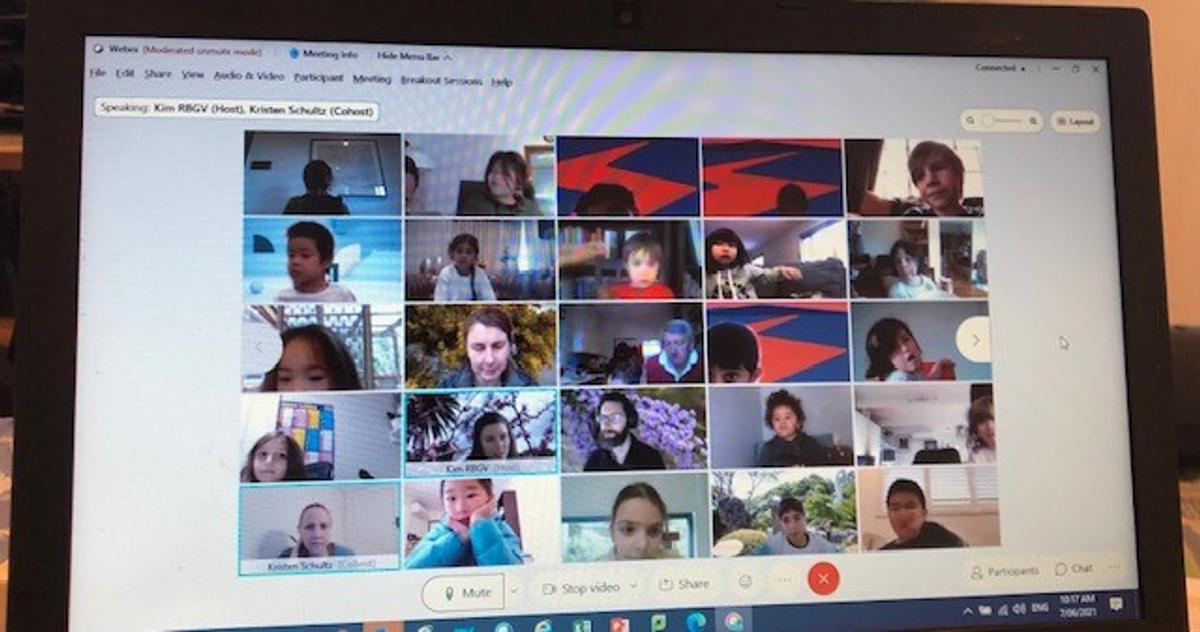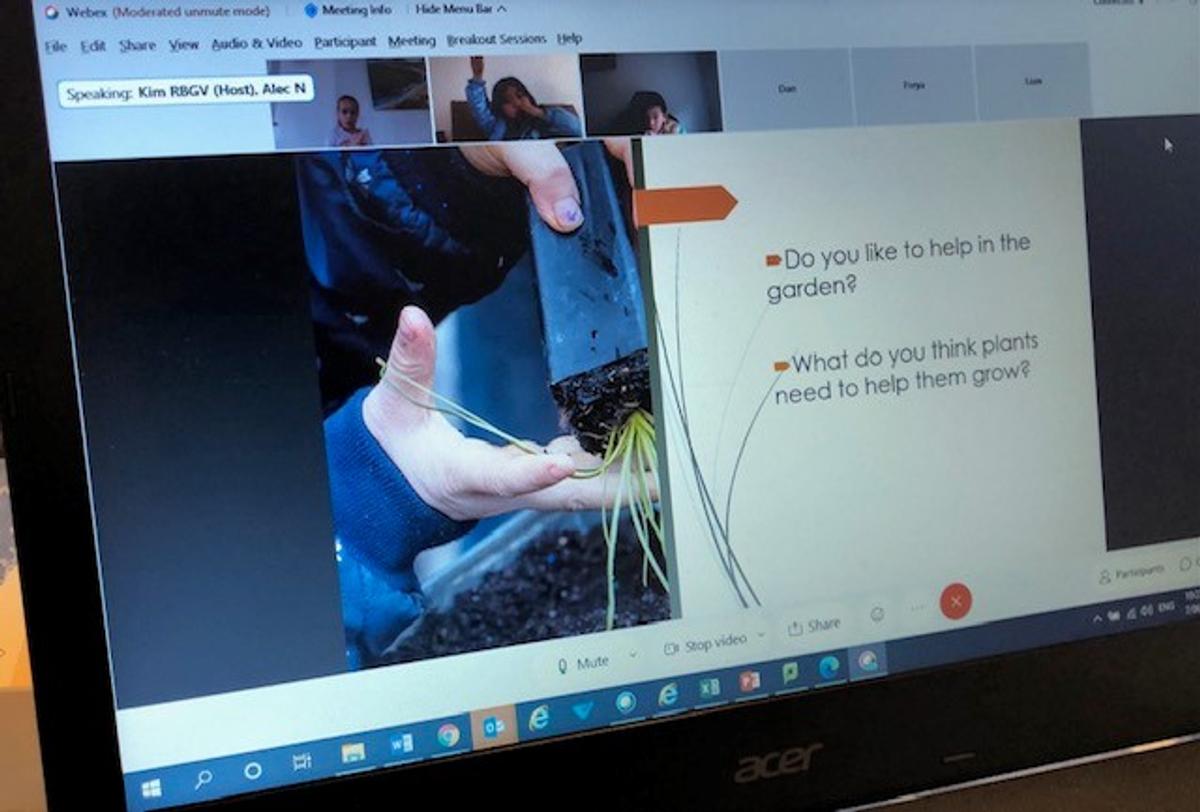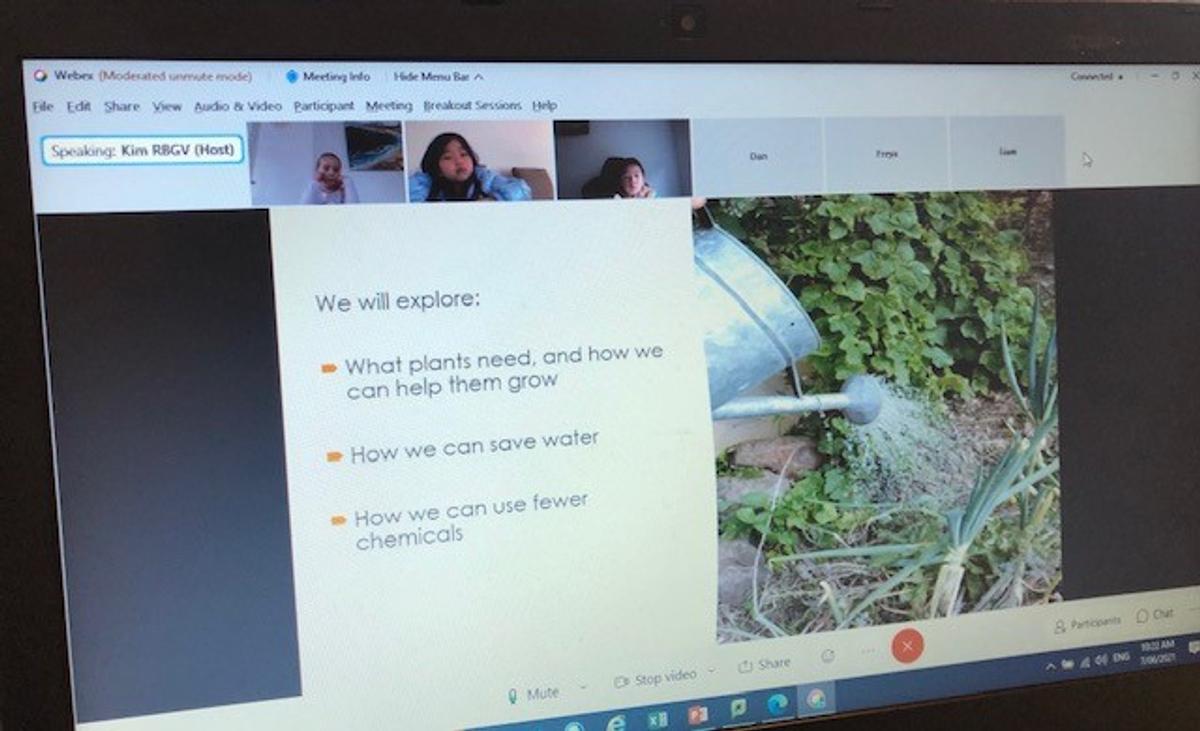From the Foundation Classrooms
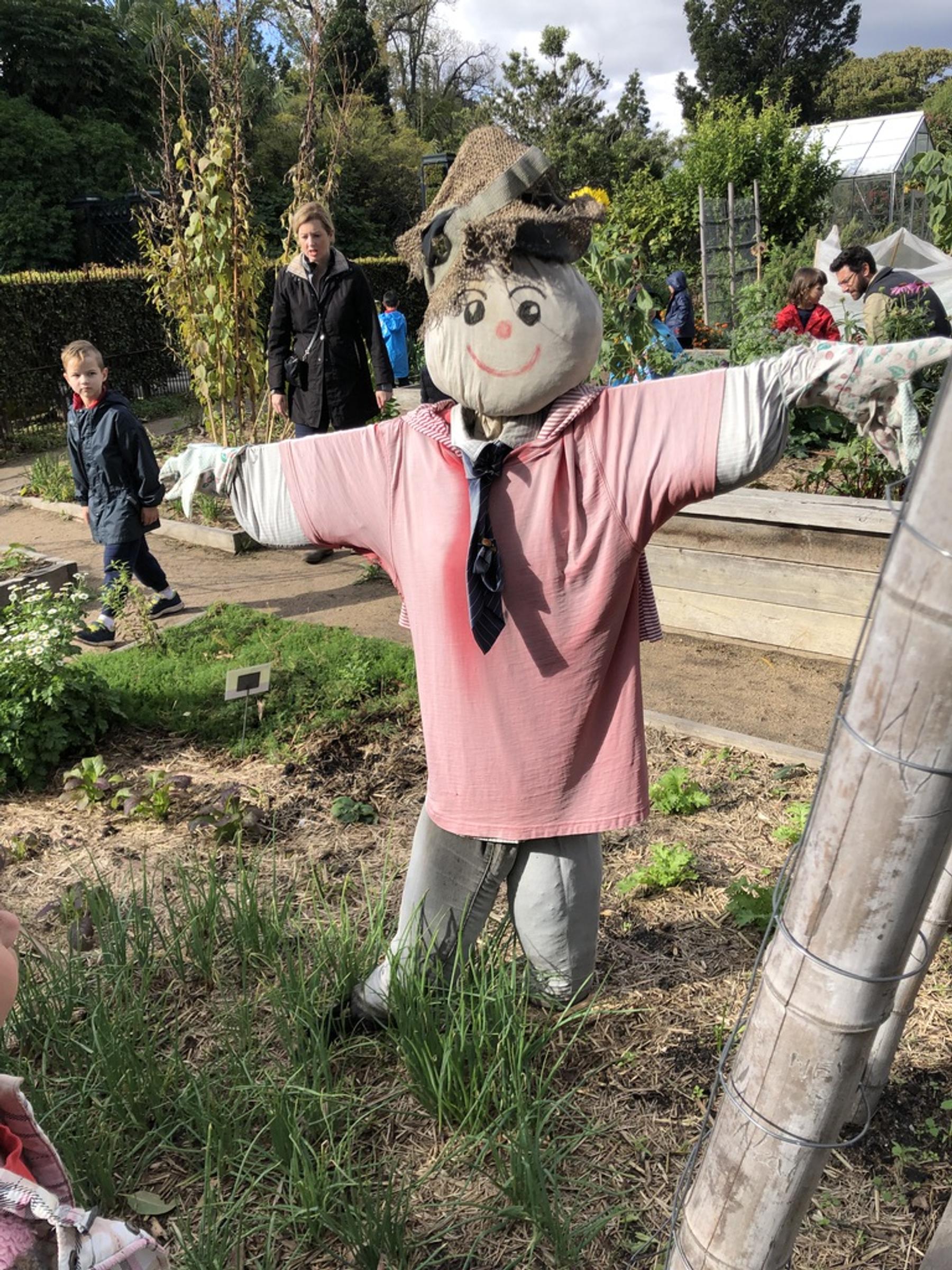
Royal Botanic Gardens Digital Gardening Experience
On Monday 7th of June Foundation students took part in an online digital gardening experience with the Royal Botanic Gardens.
Students were invited to join an online session where they met two educators, Kim and Jason and horticulturist Claire from the Royal Botanic Gardens.
During this 30 minute session, students were taught:
- What plants need, and how we can help them to grow
- How we can save water
- How we can use fewer chemicasl in the garden
To begin the session Kim asked the children what was the meaning of the word sustainable. Hunter from FSB shared his thoughts, "Sustainable means that it lasts a long time." What a great answer Hunter! Kim then asked the children another question, "What do plants need to help them to grow?" Allen from FKJ responded by saying, "Plants need sun, water and worms." Kim was extremely impressed with Allen's answer. Plants definitely need the sun and water to help them to grow. Worms make food for the plants by turning organic scraps, like potato peel and apple cores, into plant food. Kim taught the children a little saying, "Worms CHEW-CHEW-CHEW and then POO-POO-POO"! It is worm poo that feeds the plants in your garden.
Kim then asked the children another question, "How can we save water in our gardens?" She showed the children a picture of the Royal Botanic Children's Garden. Kim asked the children to look carefully at the picture. "What can you see in this picture that might help us to save water?" Oliver from FSB answered that he could see a water tank. Well done Oliver! Yes water tanks save rain water. This rain water is used to water the gardens. Kim also showed the children irrigation hoses in the Children's Garden. These hoses slowly drip water onto the garden. This method of watering your garden saves water because it stops water from quickly evaporating into the atmosphere. Kim also talked about mulch, like leaf litter, tan bark and sugar cane. Placing a layer of organic mulch over your garden beds will stop water evaporating, which saves you from having to water your garden too much.
The last part of the session was to learn how to use less chemicals in our gardens. Gardens have many pests like caterpillars and birds that can eat our plants. How can we stop these creatures from damaging and eating our gardens without chemical sprays? Kim shared another photo of the Children's Garden. She asked the children to look carefully at the photo. Nadia from FKJ noticed a scarecrow in the picture. Yes scarecrows do scare away birds. It is important to move them around your garden as birds soon learn that they are not real people and learn not to be afraid of them. Kim then shared another photo of some creatures that you might see in your garden. Spiders, ladybugs and dragonflies are creatures that can eat insects that damage our plants. You can make your very own bug hotel to attract these good insects into your garden. Eva from FSB came up with a great idea. If a leaf, vegetable or fruit in your garden was damaged by an insect you could feed it to the worms. Super idea Eva!
The Foundation students learnt so many important gardening tips and ways to be sustainable from this session. Thank you to Miss Brennan for organising this digital learning session. Hopefully in Term 3 we will be able to reschedule our visit to the Royal Botanic Gardens. We can't wait to see and explore these beautiful gardens!

